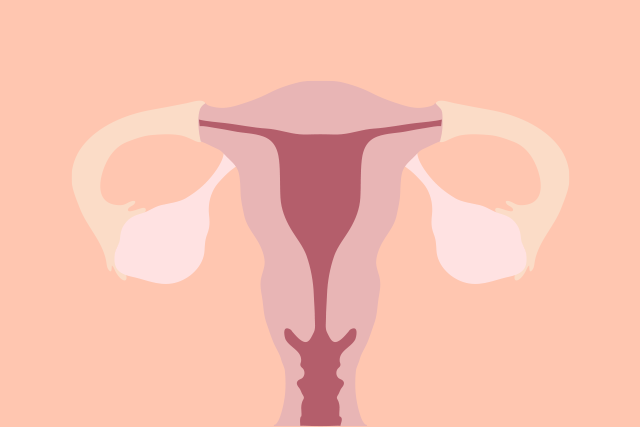PCOS – Polycystic ovary syndrome is a health problem that affects one out of every ten women of childbearing age and is caused by an excess of the male hormone androgens in a woman’s ovaries.
Nowadays poor eating habits, poor nutritional choices, lack of physical activity, and a sedentary way of life have paved the way for numerous health concerns like PCOS, PCOD, thyroid, and diabetes.
Women with this health disorder have infrequent or prolonged menstrual periods, hormonal imbalances, and metabolism problems that may affect their overall health and brings up fertility issues.
What can be the symptoms of PCOS?
PCOS’s actual cause is undisclosed. However, understanding the effects is important for the betterment and improving the quality of your life.
Controlling your symptoms can help you live a healthy life. Infertility caused by PCOS is also a frequent and curable condition.
Early detection and treatment, as well as weight loss, may lower the risk of long-term consequences, including type 2 diabetes and heart disease.
And it is distinguished by six major traits. They are…

irregular periods, abnormal hair development, acne breakouts, unhealthy weight gain, difficulties in pregnancy, and mental health implications
Irregular periods:
PCOS affects your menstruation because it causes a hormonal imbalance in your ovaries. This implies you’d either miss multiple periods in a row or have them too regularly.
Abnormal Facial Hair:
Women with PCOS have abnormal hair development in odd areas, including the chin, sides of the face, chest, nipples, abdomen, and inner thighs.
This is generally caused by an increase in the levels of the male hormone androgen. It also affects your hair, making it thinner or more prone to falling out.
Acne Breakouts:
Increased male hormones cause a rise in adult acne in many parts of the body, including the face, chest, and back. This type of acne cannot be treated with typical acne medications.
Unhealthy weight gain
Around 80% of women with PCOS have weight swings, with most of them gaining. The weight gain is usually concentrated in the abdomen and is caused by insulin resistance in the body.
Difficulties in Pregnancy
PCOS makes becoming pregnant difficult since it disrupts your period cycle through irregular periods or a lack of ovulation and is frequently associated with infertility.
Related post:
Is infertility becoming more common among young individuals?
Mental health implications
Women with PCOS are more likely to suffer from mood disorders such as anxiety and depression.
An excess of androgens may create mental health problems. Women are frequently distressed by these hormones due to the weight gain, hair growth, and infertility they cause.
What happens if PCOS is not treated?
PCOS, if left untreated, may have a critical impact on your quality of life. Aside from the severe symptoms, it might also lead to additional health problems like
Fat accumulation in the liver
High blood pressure
High blood sugar levels
Abnormal cholesterol levels
Diabetes type 2
Bleeding in the uterus
But it can be effectively managed only by lifestyle changes.
Sustain a Healthy Weight
Obesity is a problem for the majority of PCOS women. In order to bring it under control, you should maintain a healthy body weight.
Adopt a Healthy Diet
Avoiding carbs can help you lower your insulin levels. Instead, consume healthful carbs that slowly and steadily build your blood sugar levels.
Physically active
Engage in physical activity every day to lower your blood sugar levels. Aim for at least 30–40 minutes of exercise every day.
Follow VMax.fit to know more about our fitness programs to manage and control your PCOS, PCOD, or thyroid health concerns.
Thanks for Reading!!!
